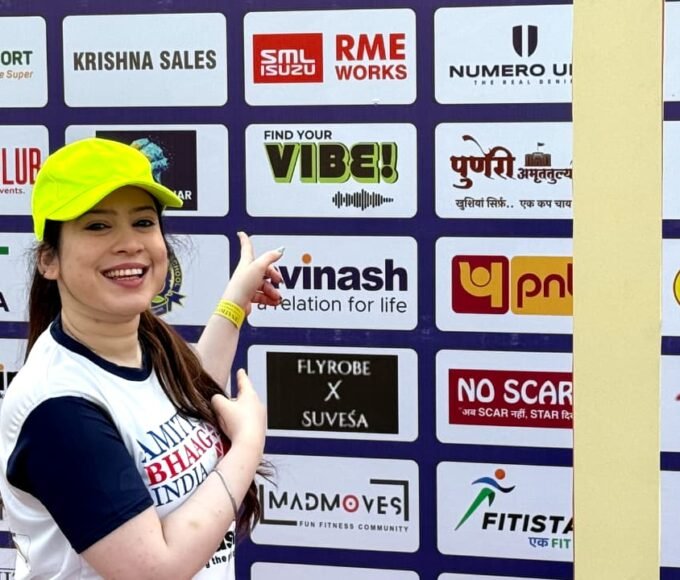In today’s world, smartphones and social media apps are a big part of our daily lives. We scroll through posts, watch videos, and check likes without even thinking. But while these digital tools help us connect, they may also be quietly affecting our mental health in ways we don’t always see.
The Rise of Social Media Use

Social media platforms like Instagram, TikTok, Facebook, and X (formerly Twitter) are used by billions of people around the world. According to a 2024 report from Data Reportal, over 60% of the world’s population now uses social media, spending an average of 2 hours and 27 minutes per day online.
While this brings many benefits—like staying in touch with friends, finding news quickly, or building communities—it also comes with risks, especially for mental well-being.
What the Experts Are Saying
Mental health professionals are seeing more patients, especially teenagers and young adults, reporting stress, anxiety, and depression linked to social media. Dr. Anna Lopez, a clinical psychologist based in New York, says, “Social media can create a false sense of reality. People compare themselves to others and feel they are not good enough.”
Seeing perfect-looking photos and videos can lead to low self-esteem, body image issues, and even feelings of isolation. This is often referred to as the “comparison trap,” where users feel pressure to live up to the seemingly perfect lives they see online.
The “Like” Effect and Dopamine
One reason social media can be so addictive is because it triggers the brain’s reward system. Every like, comment, or share gives a small hit of dopamine, a chemical in the brain that makes us feel good.
But this can lead to a cycle of needing more likes and approval. Over time, people may begin to tie their self-worth to online validation. This can cause emotional stress and increase feelings of anxiety if posts don’t perform well.
A 2023 study by the University of Michigan found that teens who spent more than 3 hours per day on social media were twice as likely to show signs of depression.
FOMO and Constant Comparison

FOMO, or the “fear of missing out,” is another mental strain caused by social media. Users constantly see posts of friends attending events, traveling, or achieving milestones. This can make others feel left out or unaccomplished, even if what they’re seeing is just a highlight reel.
According to a survey by the American Psychological Association, 56% of adults say social media often makes them feel like others are doing better in life than they are.
Cyberbullying and Online Harassment
Another serious issue is cyberbullying. The internet gives people the power to say things they might never say face-to-face. Negative comments, online shaming, and even threats can lead to long-term emotional damage, especially among teenagers.
In fact, a report from UNICEF shows that more than 1 in 3 young people in 30 countries have been victims of online bullying.
The Rise of “Digital Detox”
In response to these concerns, more people are trying what’s known as a “digital detox”—taking a break from screens and social media to reconnect with the real world.
Some set specific screen time limits, while others delete apps completely for a few days or weeks. This has been shown to reduce stress, improve sleep, and even boost mood.
Apps like iOS Screen Time or Android’s Digital Wellbeing now help users track their phone usage and set healthy boundaries.
Can Social Media Be Positive?

Despite its downsides, social media can also support mental health in some ways. Online communities provide a safe space for people to talk about their problems, share stories, or connect with others facing similar challenges.
Mental health awareness pages, inspirational content, and online therapy services are also growing. Platforms like BetterHelp and Talkspace offer easy access to licensed counselors, making therapy more reachable than ever.
Some influencers and celebrities are now using their platforms to talk openly about their mental health struggles, helping reduce stigma and start important conversations.
What You Can Do
If you’re feeling overwhelmed by social media, here are a few simple steps you can take to protect your mental health:
- Set screen limits: Use app timers or limit your time to 30 minutes per day.
- Curate your feed: Follow pages that inspire and uplift you. Unfollow toxic or negative accounts.
- Take breaks: Try a weekend without social media or silence notifications.
- Be mindful: Think before you post or scroll. Ask yourself how it makes you feel.
- Talk to someone: If you’re feeling low, reach out to a friend or mental health professional.
Final Thoughts
Social media is not going away anytime soon. It’s a powerful tool that can connect, inspire, and inform. But it also comes with challenges that must be faced head-on.
Understanding how it affects mental health is the first step. By becoming more mindful of our habits and emotions, we can enjoy the benefits of the digital world—without letting it take control of our well-being.
Read More:- Best 10 Out Door Games For Kids









Leave a comment